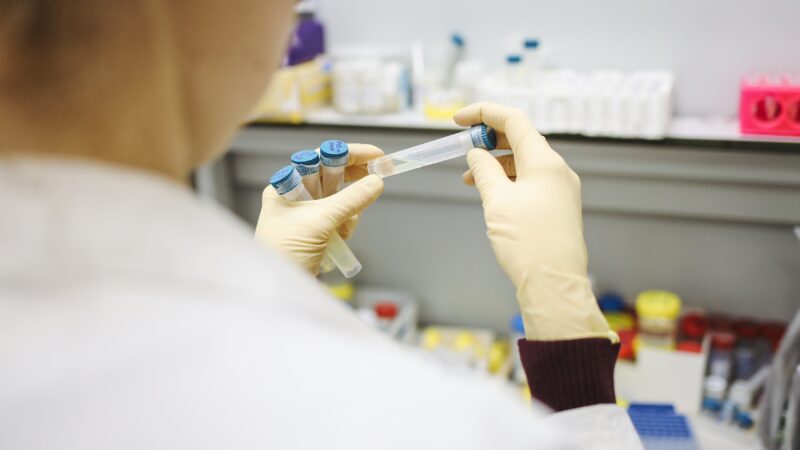
Public health emergencies require rapid action to put in place measures to limit disease transmission, keep people safe and support those who need extra help. The Coronavirus Act recognises that need, and allows more flexibility than the government would usually have in relation to public procurement. This flexibility does not remove the need for accountability and transparency. The lack of information placed in the public domain about a series of government contracts related to Covid-19 is very troubling, especially since some of these contracts are linked to parts of the government’s response which have clearly failed to deliver.
It is understood that Deloitte has been appointed in relation to personal protective equipment (PPE) and Covid-19 testing. Procurement of PPE has been a disaster. The NHS and care sector have faced appalling shortages, unusable supplies were purchased and there has been insufficient engagement with UK companies who are willing and able to redirect their skills to manufacturing PPE. On testing, the initial strategy of a small number of sub-regional testing centres made tests inaccessible for anyone without access to a car, there have been long waits for test results and 50,000 test samples are reported to have been sent to the US for analysis.
Serco has been appointed to deliver a manual contact tracing service by recruiting 18,000 staff to deliver a centralised call centre service working for the minimum wage. Again, no details of this contract have been placed in the public domain, but 18,000 falls far short of the 50,000 staff that many experts say are needed. Contact tracing is skilled work involving sensitive personal data. Local authority public health professionals and academic researchers have these skills already, and it is hard to see how the government’s contract can possibly deliver what is required. Yet we do not know the cost of this work, the assessment process which led to Serco’s appointment or what key performance indicators they will be measured against.
Procurement concerns do not end there. Concerns have also been raised about the £113m contract for testing kits that was recently awarded to Randox, a firm that pays Conservative MP Owen Paterson £100,000 a year for consultancy advice. The government is spending billions of pounds to respond to Covid-19. Even in an emergency, it should be able to demonstrate whether and why outsourcing is necessary instead of funding the public sector to deliver, how it has tested the expertise and capacity of the companies with which it is contracting, and that there are no conflicts of interest or murky backroom deals.
Rachel Reeves has written to Michael Gove to seek answers to these questions. The Cabinet Office and the Treasury must urgently publish details of every contract that they have let during the pandemic – including the assessment process used, the value, payment terms, key performance indicators and length of each. Where private contractors have failed to deliver, there must be accountability – public confidence, and ultimately lives, depend on it.




More from LabourList
Turning the page? Labour’s recovery in the polls show a path to 2029 victory
Restoration announce recommendations for NEC candidates
‘Factionalism at the top is weakening Labour – and handing a gift to Reform’